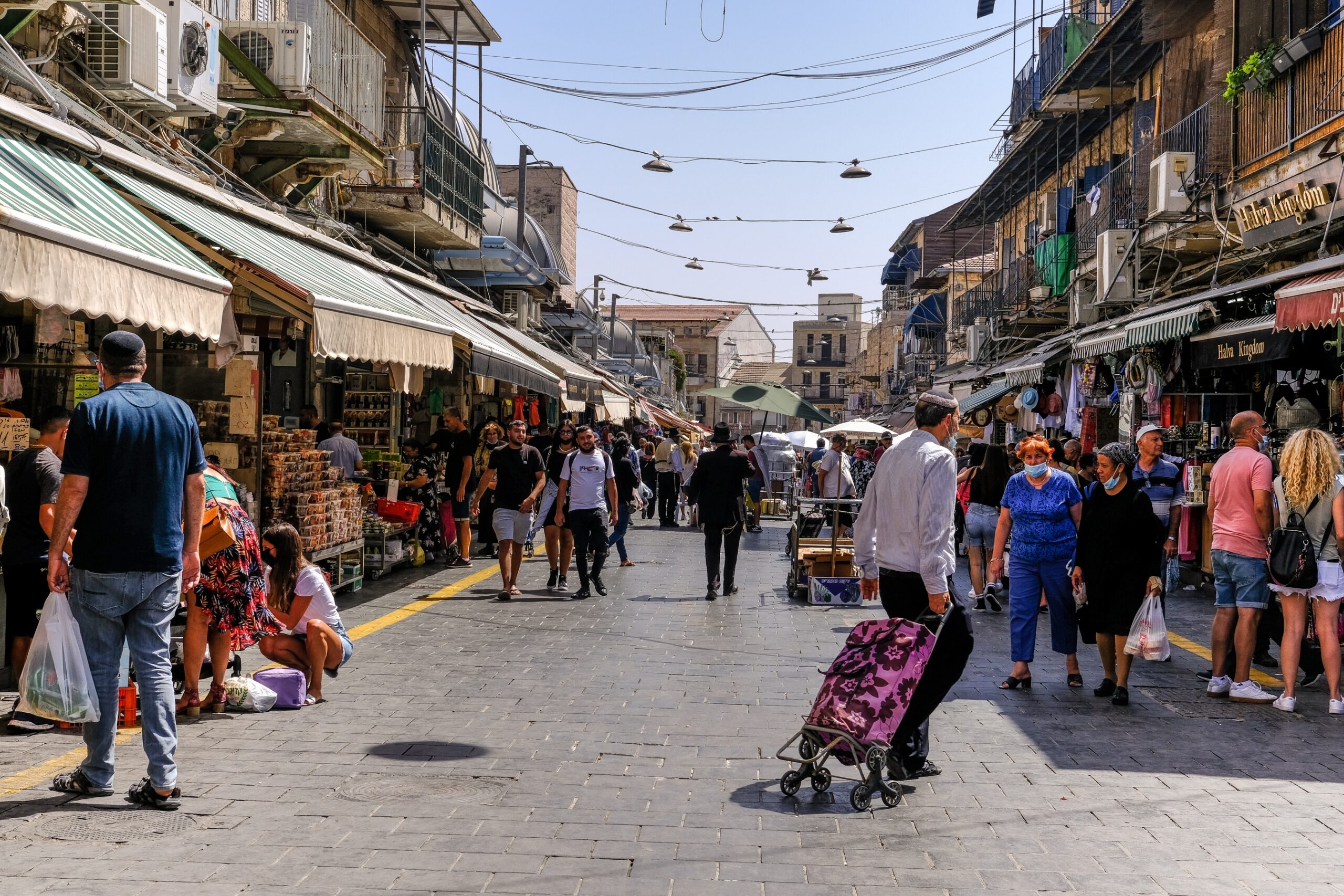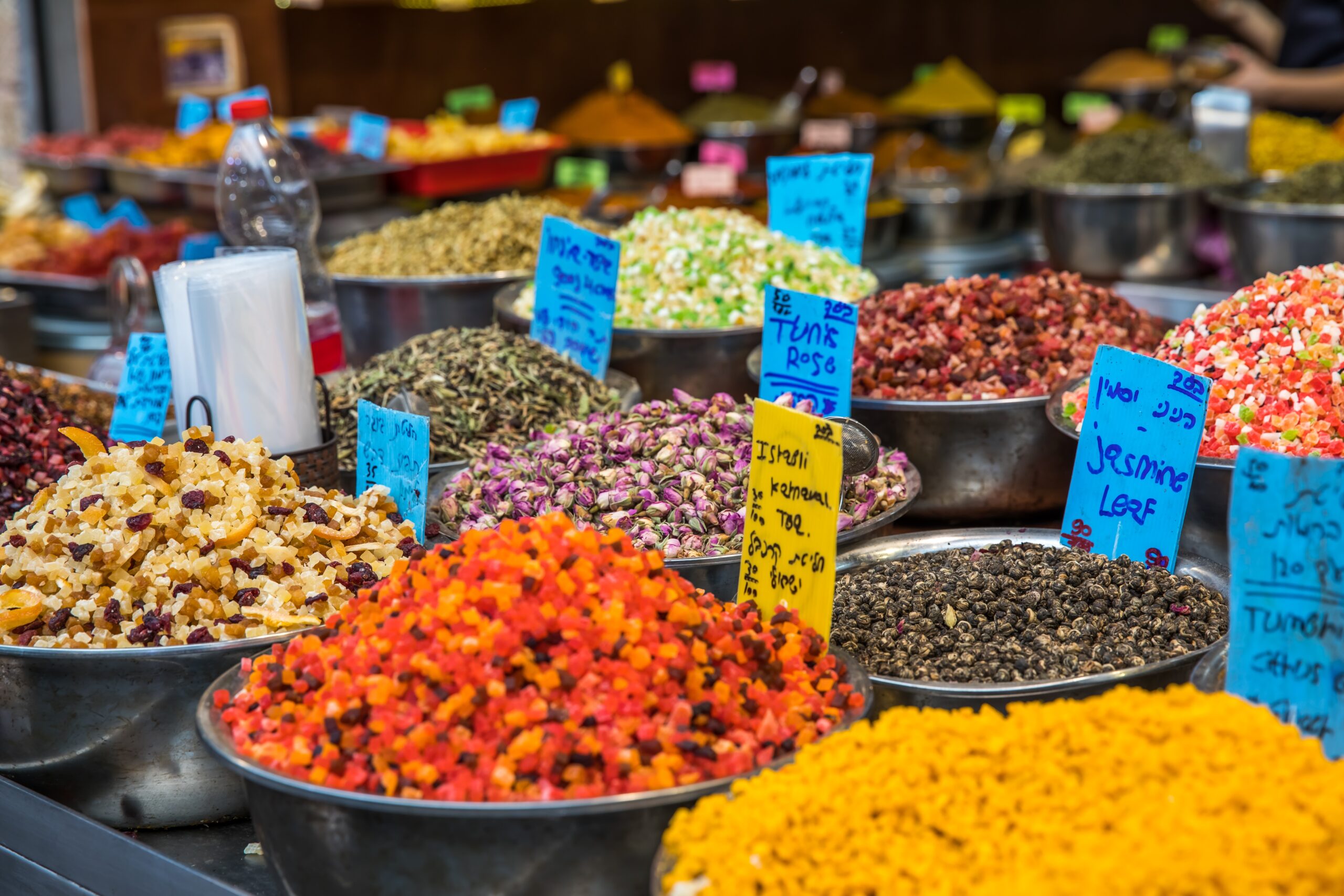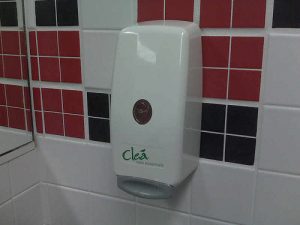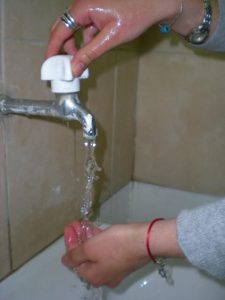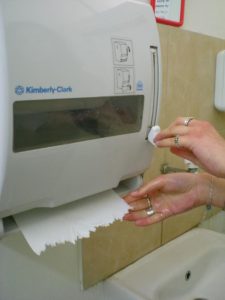Cellphone Service in Jerusalem
Jerusalem, a city rich in history and culture, also presents unique challenges and opportunities when it comes to finding reliable cellphone service. This guide aims to help residents, students, and visitors navigate the complexities of choosing the best cellular plans and providers for the city, taking into account signal strength, coverage, and affordability. The attached maps provide insights into the locations of cell towers and signal strength across different neighborhoods, so let’s use that data to help make informed decisions.
Overview of Cellphone Providers in Jerusalem
There are several key players in the Israeli telecommunications market, all of which have varying levels of coverage and signal strength in Jerusalem. The main providers include:
Cellcom
Partner (Orange)
Pelephone
Hot Mobile
Golan Telecom
These companies offer a variety of prepaid and postpaid plans, ranging from budget-friendly options to premium packages with unlimited data.


Signal Strength and Coverage
Based on the maps provided, here’s a breakdown of the signal strength and coverage across different parts of Jerusalem:
Central Jerusalem (including Old City, City Center, and Mamilla): The central parts of Jerusalem enjoy strong coverage from all major providers. The red and purple areas on the map indicate that signal strength here is robust, with multiple towers providing excellent 4G and 5G connectivity. This means users should have a seamless experience with any provider, making it easy to stay connected.
Northern Neighborhoods (Ramot, Neve Yaakov, Pisgat Ze’ev): The signal strength is quite strong in most northern neighborhoods, but there may be pockets of weaker coverage (indicated by orange spots). Pelephone and Partner tend to have better signal quality in these areas, so it’s advisable to check these options if you live in or frequently visit these neighborhoods.
Southern Jerusalem (Gilo, Talpiot, Arnona): Southern neighborhoods are well-covered, but some areas, particularly towards the outskirts (closer to Beit Jala and Bethlehem), have moderate signal strength. Cellcom and Pelephone appear to have better coverage in this region, based on the map’s red and purple shading.
Eastern Areas (Silwan, Mount of Olives, and East Talpiot): The eastern parts of Jerusalem have a mix of strong and weak signals. The more remote or hilly areas might experience some issues, especially with Hot Mobile and Golan Telecom, which have a smaller tower infrastructure in these neighborhoods. Cellcom and Partner are more reliable here.
Western Neighborhoods (Mevaseret Zion, Har Nof, and Ein Kerem): These areas have overall good coverage, with strong signals for all major providers. However, since these are slightly more suburban or hilly, it’s a good idea to test your provider’s signal strength before committing to a long-term plan.
Recommended Providers for Different Needs
Best for Overall Coverage: Cellcom and Partner tend to have the most reliable and extensive coverage across all areas of Jerusalem. These providers are ideal for users who want strong, consistent service in both urban and suburban areas.
Best for Budget Plans: Golan Telecom and Hot Mobile offer some of the most affordable plans, especially for students or those looking for prepaid options. However, be aware that their coverage might be less reliable in some neighborhoods, especially on the outskirts.
Best for High Data Usage: Pelephone offers great deals for unlimited data plans, and their coverage is fairly consistent across Jerusalem. This is ideal for heavy data users who need fast internet for work or streaming.
Types of Plans Available
Prepaid Plans: These are perfect for visitors, short-term residents, or those who prefer not to commit to a contract. Providers such as Cellcom, Partner, and Hot Mobile offer prepaid SIM cards that you can easily top up with data, talk time, and SMS as needed.
Postpaid Plans: For long-term residents, postpaid plans offer better value with unlimited talk, text, and data options. Most providers allow customers to choose from a variety of packages, with pricing based on data allowance and added perks like international calls.
Family Plans: Ideal for families or groups sharing a plan, these options provide shared data and discounts on additional lines. Partner and Pelephone offer some of the most competitive family plan packages.
Tips for Choosing the Right Plan
Check Coverage in Your Area: Use the maps provided to check the signal strength in your neighborhood or places you frequently visit. This ensures that you choose a provider with reliable coverage.
Consider Data Usage: If you’re a heavy internet user, look for plans with unlimited data or high data caps. Pelephone and Cellcom often have competitive high-data plans.
Look for Promotions and Discounts: Many providers run seasonal promotions, especially around holidays. Golan Telecom and Hot Mobile frequently offer attractive discounts.
Ask Locals for Recommendations: Jerusalem is diverse, and coverage can vary even within the same neighborhood. Local recommendations can be a great way to understand real-world signal quality and service.
Understanding the Maps
The maps attached show:
Purple Areas: Denote strong signal strength and tower concentration, ensuring excellent coverage.
Red and Orange Areas: Indicate moderate signal strength. These areas may experience occasional signal drops or slower internet speeds, especially indoors.
Green Spots: Represent weak or no signal coverage. If you live or travel frequently to these areas, it’s important to test your provider’s connectivity beforehand.
Conclusion
Choosing a cellphone plan in Jerusalem doesn’t have to be overwhelming. By considering your specific needs, budget, and the signal strength in your area, you can find a plan that offers the perfect balance of coverage, data, and affordability. Use the maps as a guide to identify which provider is the best fit for your daily routine, and don’t be afraid to switch plans if you find a better deal or experience coverage issues.
By staying informed and comparing options, you’ll be well-equipped to navigate Jerusalem’s diverse and dynamic cellphone service landscape.
jerusalem cellcom coverage
Cellcom Coverage in Jerusalem

